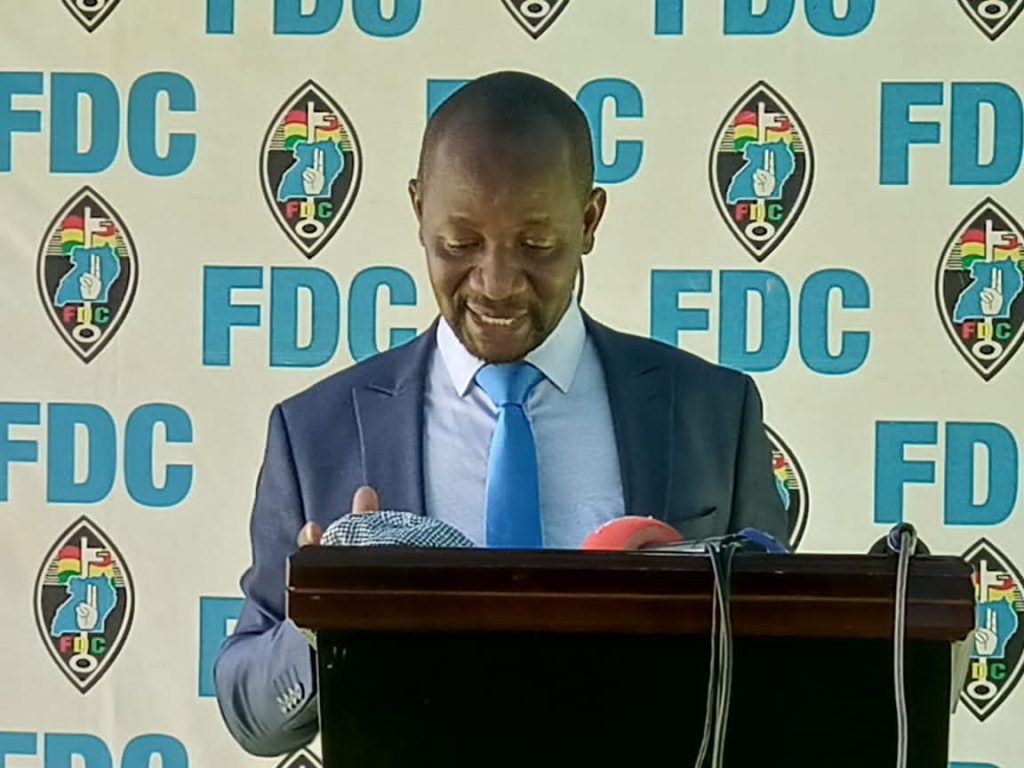Forum for Democratic Change has said that Uganda’s oil must be treated as a national resource and it must be managed transparently.
Ssemujju Nganda, the FDC spokesperson said that as a party, they support all efforts aimed at extracting and selling Uganda’s oil including the construction of a refinery, pipeline, and other infrastructure.
However, he urges President Yoweri Museveni and his aides not to treat oil as an NRM project.
“The country has invested heavily in the oil sector and cannot afford to delay its sale. We have invested EUR 309, 100,259 in the construction of an international airport and over $500M in roads.
We have paid billions in compensation and invested heavily in the provision of electricity. It is for this reason that a high level of transparency is required in this sector,” said Ssemujju while addressing journalists this afternoon.
Nonetheless, FDC agrees with the European Union Parliament regarding the resolutions it has made regarding compensation, climate, and human rights.
“All that we expect the Museveni regime to do is not to hire demonstrators to storm EU offices in Kampala or swear racial obscene words but to respond to each of the issues that the EU has raised,” said Ssemujju.
Last week, the EU parliament adopted a resolution condemning human rights violations as well as major environmental and climate risks posed by the Tilenga and East African Crude Oil Pipeline (EACOP) projects developed in Uganda and Tanzania by French oil major Total.
The EU Members of Parliament (MEPs) noted that over 100,000 people are being forcibly evicted to make way for this mega oil project, noting that they are being denied free use of their land – and thus their livelihood – even before receiving compensation.
The resolution also condemns the persecution and intimidation of civil society organisations and human rights defenders who dare to criticise the project, recalling that several activists have been arbitrarily detained, prompting several UN Special Rapporteurs to issue no less than four joint communications on the subject in the last two years.
“As FDC we have picked these issues and our research department will follow them,” said Ssemujju.
